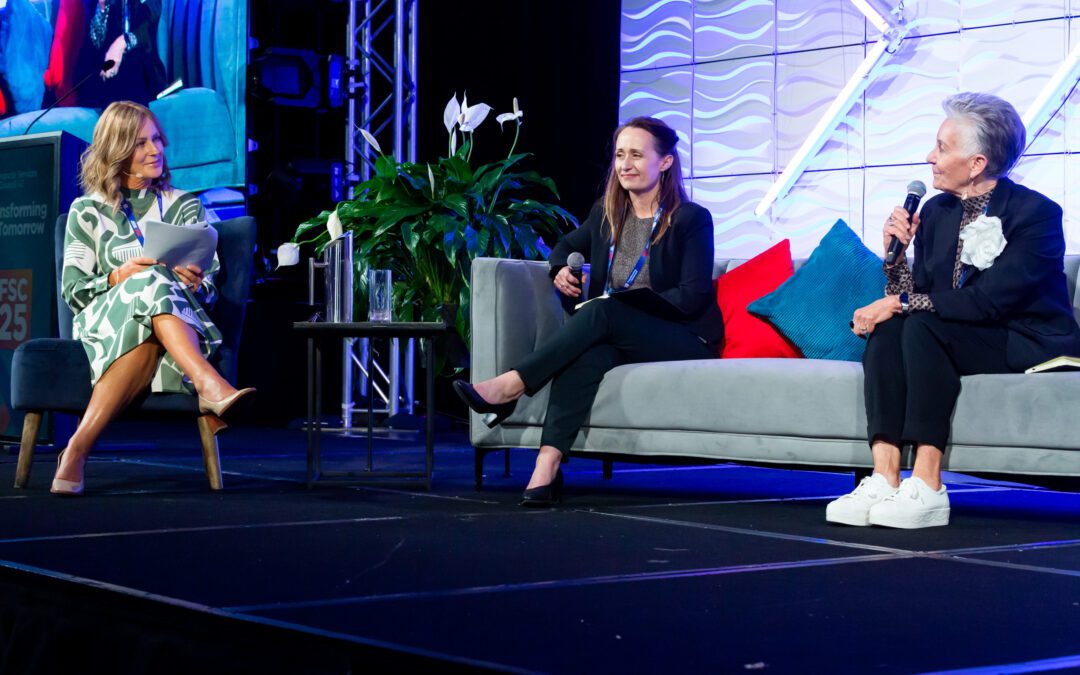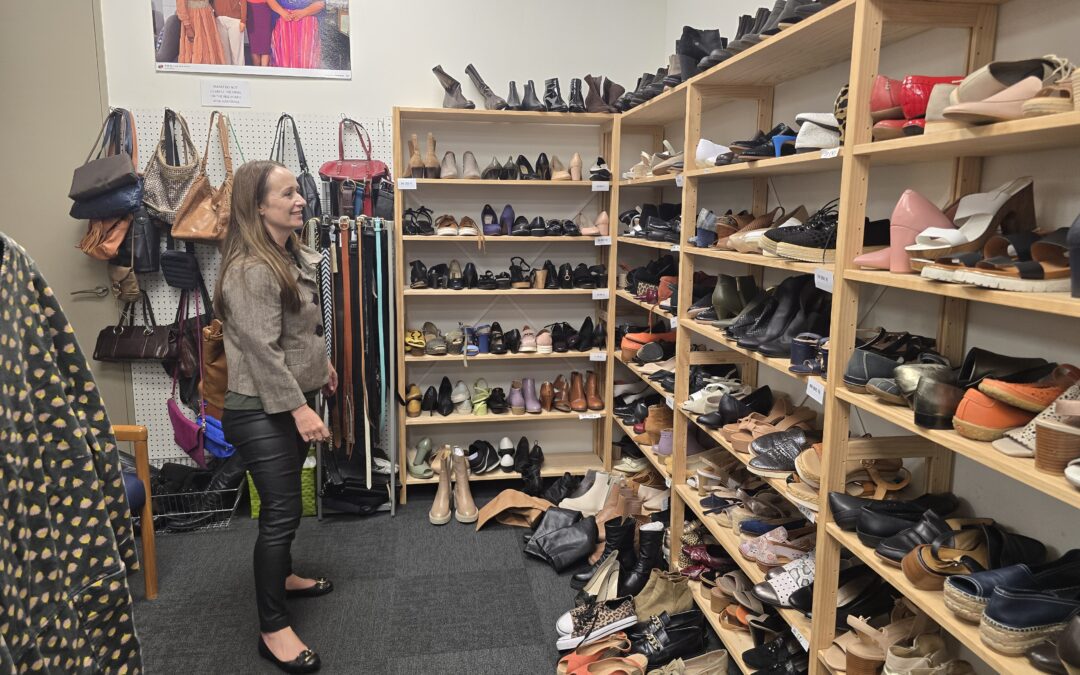You’re in love! You cannot imagine life without them. You can talk to each other about anything.
At least, almost…
Results from a recent survey revealed that Kiwis feel more comfortable talking about politics than finances! But not talking about money isn’t going to lead to your happily ever after. In fact, it can lead to “conflict, stress, missed financial opportunities, lower retirement outcomes, and poorer financial decision making”.
All of this isn’t helped by the fact that a lot of our unconscious money habits and mindset can be traced back to our childhood and is closely linked to emotions like happiness, success and self-worth. So, if your approach to spending or saving differs from your partner’s this could lead to friction. Only not the good kind.
Having frank, open conversations about money and what it means to you can help you iron out any issues before things get too serious, and help you better manage your finances together.
Here’s how:
When to talk money
You’re probably wondering; when should I have “the talk”? While there’s no hard and fast rule, some would consider the first date a touch too early. On the other hand, deciding who’s paying ahead of time could prevent an awkward end to an otherwise pleasant evening.
However, it is a good idea to have that conversation around the time things start getting a little more “serious”. For example, you’re planning a holiday or considering moving in together.
Those moments where there’s a certain element of combined financial responsibility or higher expenditure – even if your finances are split – are a good time to talk about what you can afford and how much you’re happy to spend on the luxuries vs the necessities. You’ll also get a good idea of whether your partner’s the type that’s all “she’ll be right” when it comes to spending, or budgets their money down to the last cent – and how you feel about that.
How to talk about money
Once you’ve decided to have that chat, it’s a good idea to set aside a time for it. Make it a date. (Who said romance is dead.) This way you’ll both know what you’ll be discussing rather than just hearing the dreaded ‘we need to talk’ and wondering what you’ve done wrong.
During these discussions, you’ll want to make sure you’re honest, listen to what the other has to say and maybe even agree to disagree about certain topics.
If it’s the first time talking about money together, start with the easy stuff like what they’d like to be doing with their money, or even talk about it as a hypothetical: “What would you do if you won Lotto” or “If you could retire early, would you? And what would that look like?”
What to talk about
Right. You’ve set a date. You’re in the right mindset, the candles are lit, the wine is poured. You’re primed to talk about all things money. But, what should you actually talk about?
As mentioned above, it may be nice to start off with the “easy” stuff. What are your financial goals, or what would you like your money to help you achieve?
Then, once you’re done dreaming of an early retirement spent cruising the Greek isles, you can dig into some of the less comfortable things.
Like:
- Spending habits – does money travel out of your bank account the minute that it’s in, or does it get tucked away for a rainy day?
- Do either of you have any debt – this could be anything from student loans, credit card, car loans, or your mortgage.
- What about savings or investments? How much do they have tucked away for a rainy day?
- How much do you earn – and how could this impact how you split the costs?
- Will you combine your finances, or just set up an account for shared costs like rent/mortgage and bills, mutual savings or investments, while the rest stays safely in your own pocket?
- If you have kids, who will sacrifice their career (even if only for a few months) for the worthy cause of continuing the human race?
- Do you prefer to splurge on brand names, or are you happy to go for the option that offers the best value
The topics above probably only scratch the surface of what there might be to discuss. But, it gives you a starting point for some of the areas of spending where you may not align, and gives you an opportunity to work through them together.
It’s also unlikely this will be a one-and-done conversation. Things will pop up throughout the relationship and picking up the discussion about your financial situation will be required. When they do, remember the tips discussed above and make it a discussion to look forward to.
Disclaimer: This blog post is for informational purposes only and does not constitute individual financial advice. If you’re interested in receiving personalised financial advice, you can book in a consultation with an enable.me coach. Costs apply.


